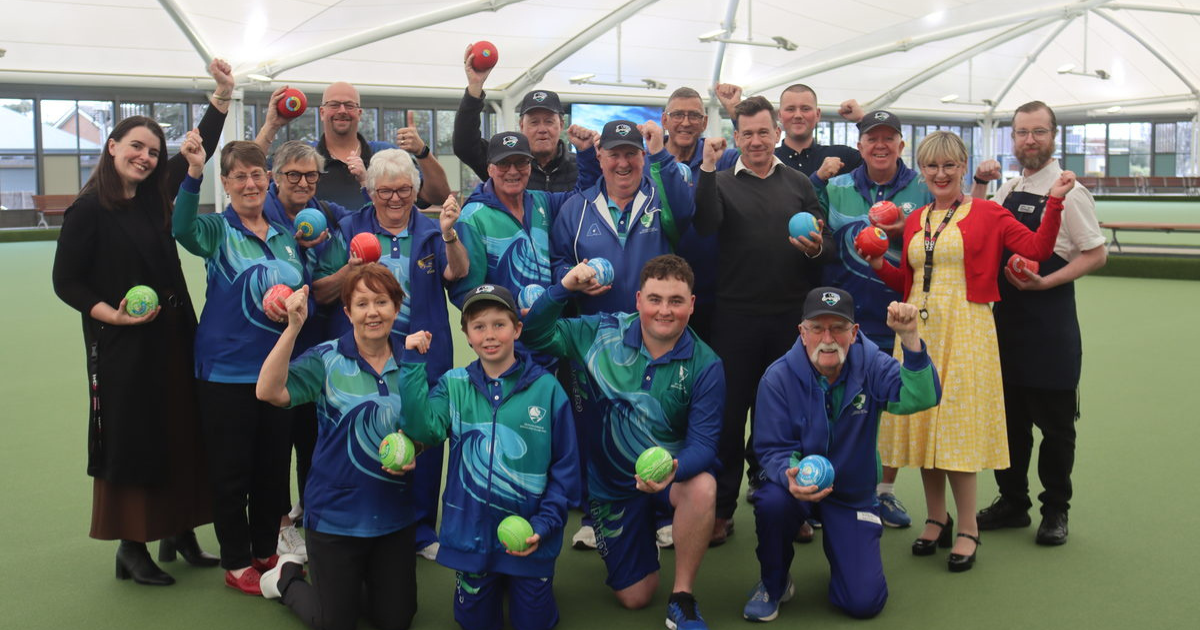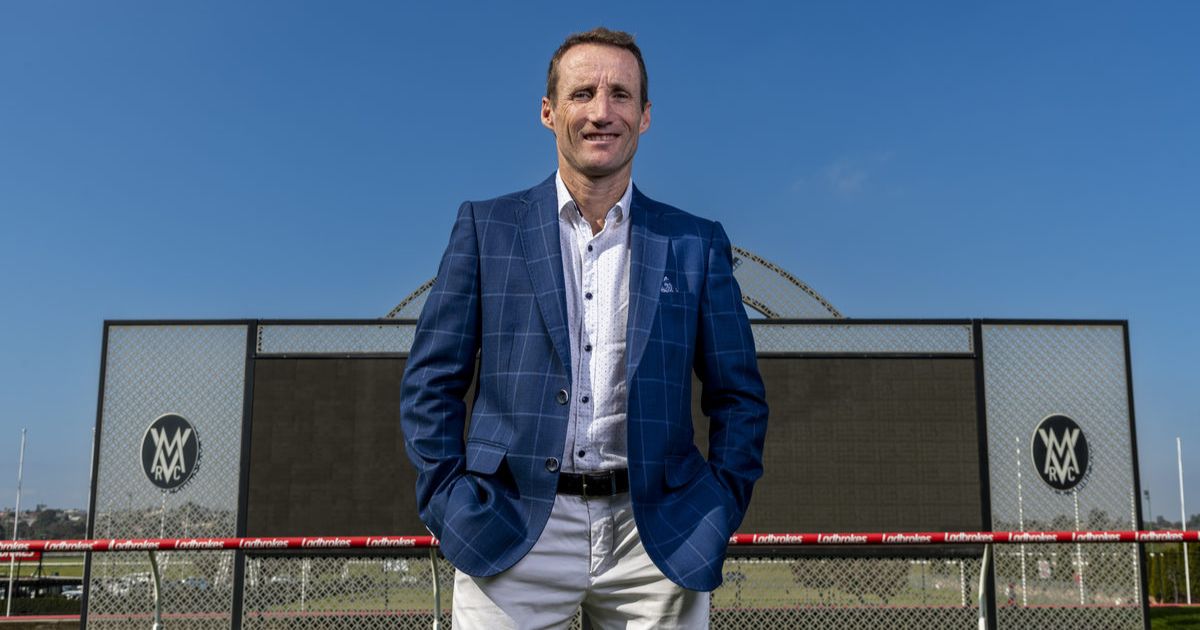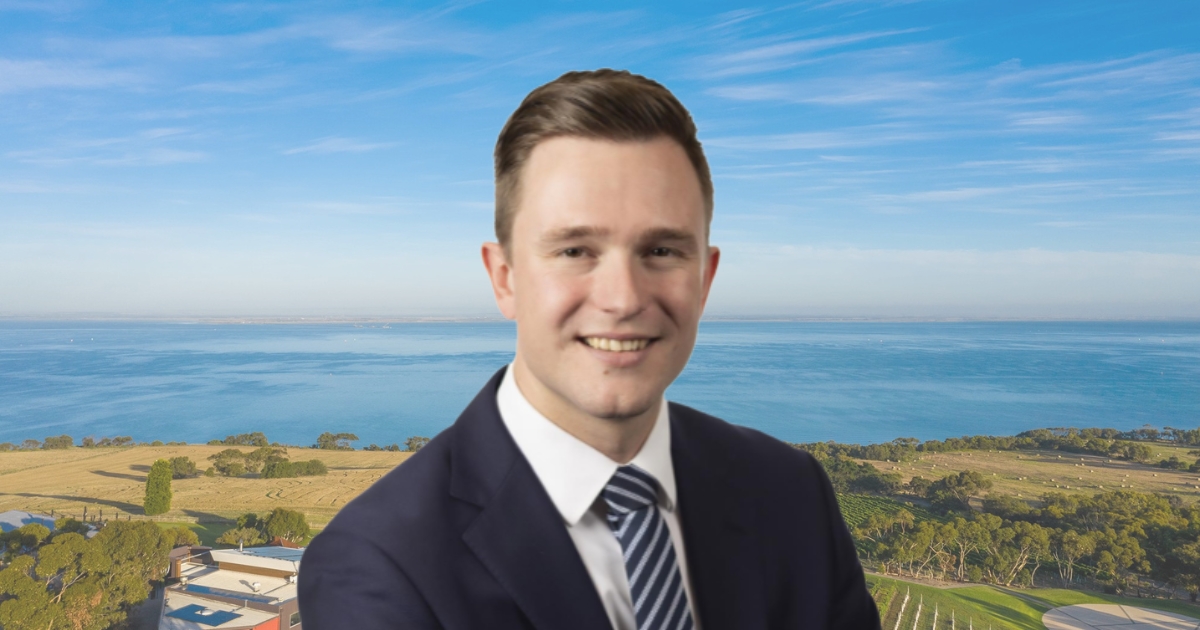Communities to gather for Reconciliation Week ceremonies
LOCAL councils will host Reconciliation events this week as part of a national recognition of the cause.
Indigenous issues will be in the spotlight in coming days starting today (Friday, May 26) which is National Sorry Day, and proceeds National Reconciliation Week that runs for a week from Saturday (May 27 to June 3).
This year’s theme is “Be a Voice for Generations”, which encourages all Australians to be a voice for reconciliation in tangible ways in their everyday lives.
The Borough of Queenscliffe has invited community members to join its mayor and councillors for a smoking ceremony at Wirrng Wirrng for a smoking ceremony on Thursday (June 1) at 2.30pm.
The City of Greater Geelong will centre its community events in central Geelong.
A Reconciliation in the Park event on Sunday (May 28), will be run by One Fire Group to showcase local Aboriginal artists’ creations and include workshops, local performers, a market and activities for children.
The city will also host a forum to discuss the Uluru Statement from the Heart at its Wurriki Nyal administration building, called ‘The Heart – A shared Journey’, on Tuesday, May 30. Tickets to the event have sold out.
City Hall, the Barwon Water forecourt and Shorts Place will light up during the week as part of a partnership between the city and projection artist Olaf Meyer and The Torch program, which supports Victorian First Nations artists presently imprisoned or recently released from prison.
Geelong secondary school students also took part in a Koorie Student Aspiration Day at Geelong Tech School this week, alongside the Geelong chapter of the Local Aboriginal Education Consultative Group.
Geelong mayor Trent Sullivan encouraged all local residents to participate in the events.
“Joining in Reconciliation Week events is a terrific way for our community members to better get to know our region’s First Nations Peoples and celebrate the rich contribution they make to our region,” he said.
“Reconciliation Week is a time for us to reflect on our shared histories and cultures and to continue examining what we can do as individuals and as a community to contribute to reconciliation in Australia.”


















